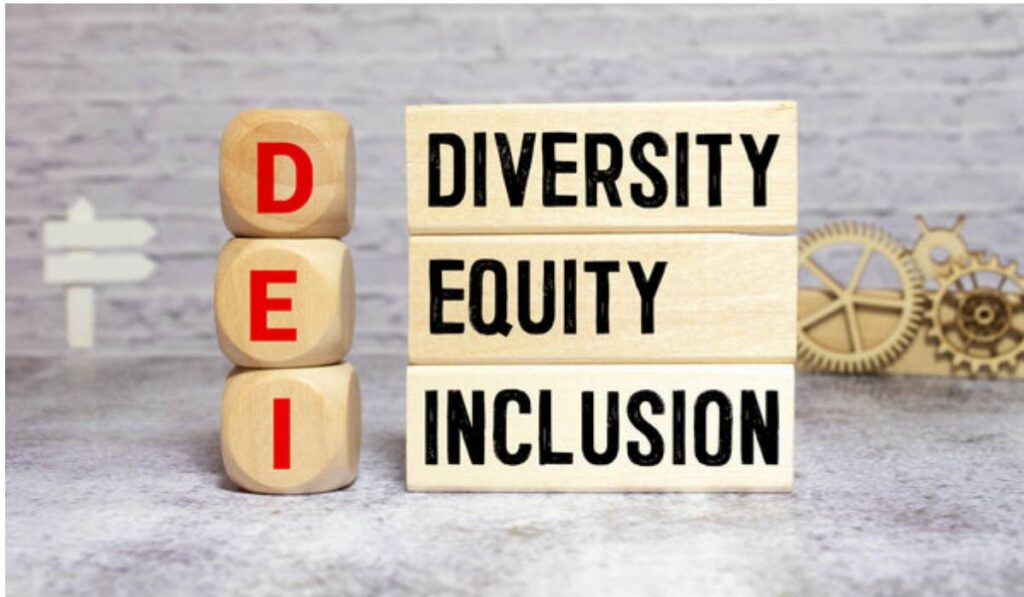
A Gallup poll reveals that 68 percent of US adults believe that the Supreme Court’s decision to eliminate race as a factor in college admissions was “mostly a good thing.”
This sentiment is shared across various demographic groups, with significant majorities of white, Asian, and Hispanic Americans expressing support for ending race-based admissions. Interestingly, even among black respondents, a group the policy was initially designed to assist, most individuals stated that they did not desire special treatment based on race.
Among black respondents, 52 percent regarded the Supreme Court’s decision to eliminate race as a factor in college admissions as a ‘good thing,’ while 48 percent expressed sadness to see it go.
The survey findings coincide with a nationwide debate on affirmative action, recruitment targets, and other diversity, equity, and inclusion (DEI) efforts. Billionaire Elon Musk has vocalized his belief that ‘DEI must DIE,’ asserting that it amounts to reverse racism.
ALSO READ: Florida Board of Education Bans DEI and Sociology Class From State Colleges
Additionally, younger Americans use platforms like TikTok to express their opinions on diversity targets. Conservative activists are actively advocating to eliminate similar programs that provide advantages to minorities in the private sector.
In a landmark ruling in June 2023, the Supreme Court struck down race-conscious admissions programs at two universities, prohibiting affirmative action policies on U.S. campuses. Gallup surveyed 12,443 adults regarding the ruling late last year.
Gallup noted that the ruling receives “fairly wide public support.” However, there are “mixed responses across racial lines,” with black individuals expressing more concerns about future opportunities at universities.
POLL — Should the U.S. Government Create a Path to Citizenship for Undocumented Immigrants?
The pollster mentioned in a report that “some applicants may feel empowered to apply to more selective schools, while others may be less likely to apply to such institutions.” Respondents generally agreed that the ruling would positively impact America’s higher education system.
The majority indicated that the ruling and the cessation of affirmative action would not significantly alter the difficulty or ease of securing a college place for members of their ethnic group.
However, black respondents expressed concern on this matter, with 52 percent stating that getting into university would be more challenging now. Scholars have demonstrated that the most significant beneficiaries of affirmative action schemes in colleges and workplaces over recent decades have been white women rather than racial minorities.
Edward Blum, a long-time opponent of affirmative action who brought the successful Supreme Court suit, has shifted his focus from universities to diversity hiring in the private sector.
ALSO READ: DEI Opponents Condemn Workplace Equity Policies Citing 1866 Civil Rights Law
Edward Blum’s group, the American Alliance for Equal Rights, sued Morrison & Foerster LLP and Perkins Coie LLP over fellowship programs. These programs were exclusively open to minorities, effectively discriminating against whites.
Both firms have since removed those diversity rules. Similarly, drug firm Pfizer eliminated race-related requirements from a fellowship program after a lawsuit challenging it was dismissed.
America First Legal (AFL), a legal action group founded by Stephen Miller, a former senior adviser to President Donald Trump, has filed complaints with the US Equal Employment Opportunity Commission over corporate DEI schemes.
You Might Also Like:
Actress Saoirse Ronan Reveals Greta Gerwig Approached Her to Play “Weird” Barbie
Atlanta Hospital Employee Fired for Refusing Flu Vaccine Wins Wrongful Termination Lawsuit
Massachusetts Governor Hails Navy SEAL Who Died While Saving Fellow SEAL During Mission
22-Year-Old Man Who Vaped Heavily Gets Double Lung Transplant
Multiple Transgender Deaths Spark Outrage Among LGBTQ Community in Mexico
